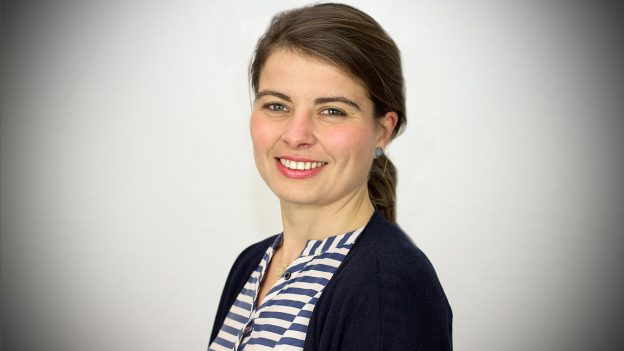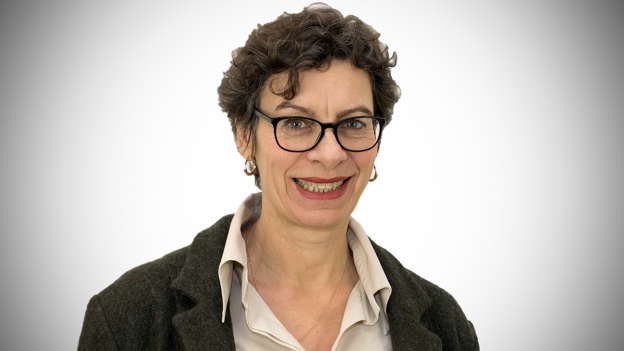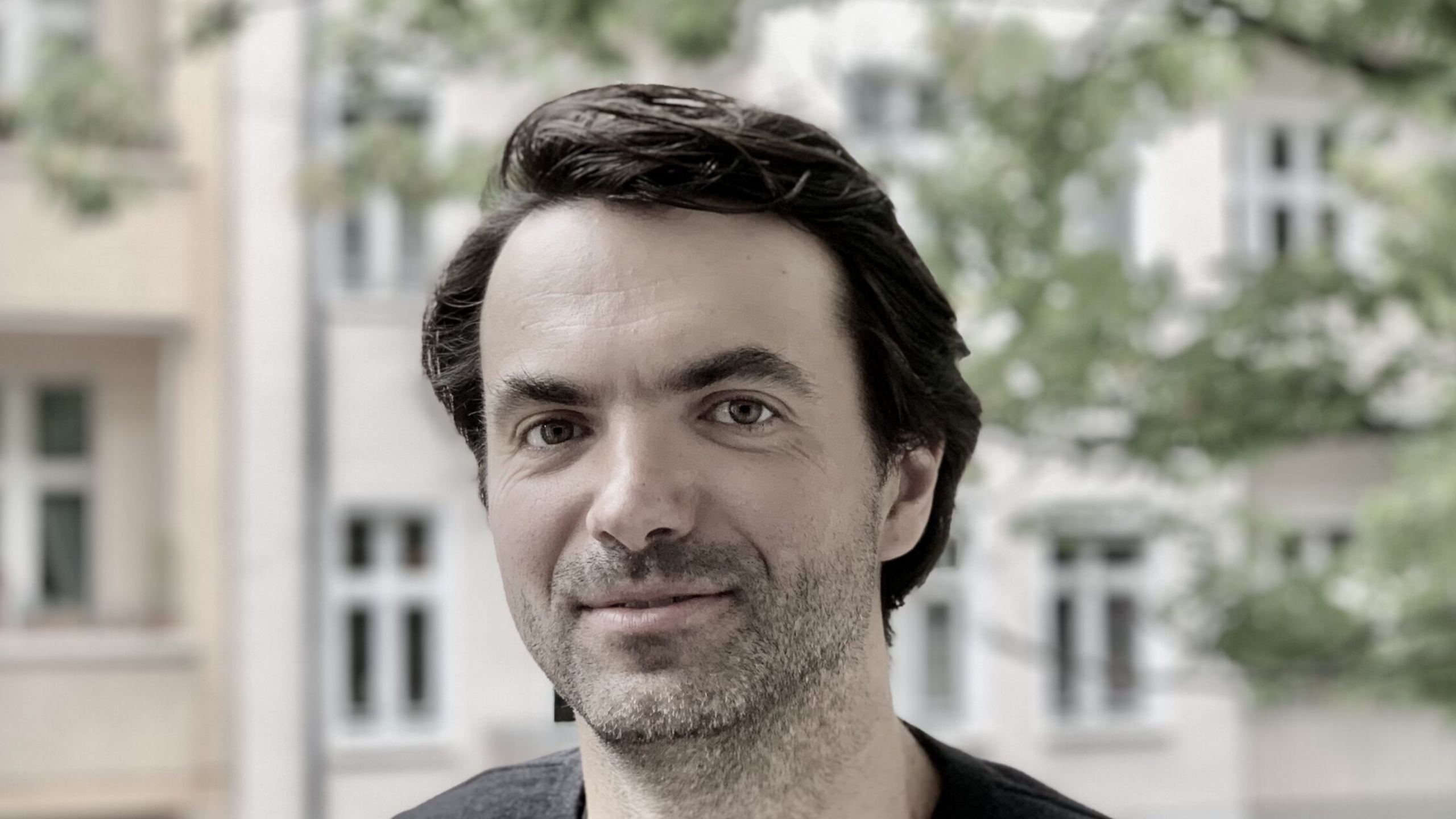|
Author: |
Hofmann, J., Katzenbach, C., & Gollatz, K. |
|
Published in: |
Kelly, S., Truong, M., Earp, M., Reed, L., Shahbaz, A., & Greco-Stoner, A. (Eds.), Freedom on the Net 2013 (pp. 302-321). New York, NY: Freedom House. |
|
Year: |
2013 |
|
Type: |
Book contributions and chapters |
Germany has a high level of internet and mobile phone penetration, and only the adoption of high-speed broadband is lagging behind other highly developed countries. However, the fact that regulators are allowing the use of vectoring technology to further the development of superfast broadband internet has encountered criticism, given that this technology allows the largest internet service providers (ISPs) to maintain some of their market dominance. While media and internet freedom principles are generally well-respected, legally codified, and have been repeatedly affirmed in
Germany, certain trends over the past year have challenged these principles. In this respect, changes in online copyright enforcement legislation and practices are starting to limit the liability privilege of ISPs and host providers. Intermediaries are now required to implement specific filter and blocking systems in order to prevent further the infringement of
copyright protected materials, which might also lead to undesirable private censorship as companies attempt to avoid this liability. The struggle for net neutrality continues to be an ongoing issue of public debate in Germany. Amendments to the telecommunication act in May 2012 stipulated that the government could require ISPs to offer internet access in a content-neutral fashion, which would be a significant step toward net neutrality. However, the amendment does not automatically safeguard this principle; rather, it requires the government to take further action by defining the minimum quality standards with which ISPs must comply. Meanwhile, German telecommunications companies introduced revised customer contracts that have revived concerns about their non-transparent traffic management practices. Against a broad coalition of societal actors, legislators also extended the scope of the “stored data inquiry” (Bestandsdatenauskunft) through the amended telecommunication act of 2013. Data protection experts criticize the lower threshold for intrusions of citizens’ privacy as disproportionate and are considering another constitutional complaint against the telecommunication act.




